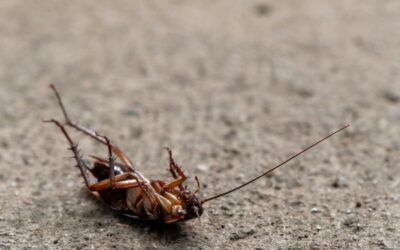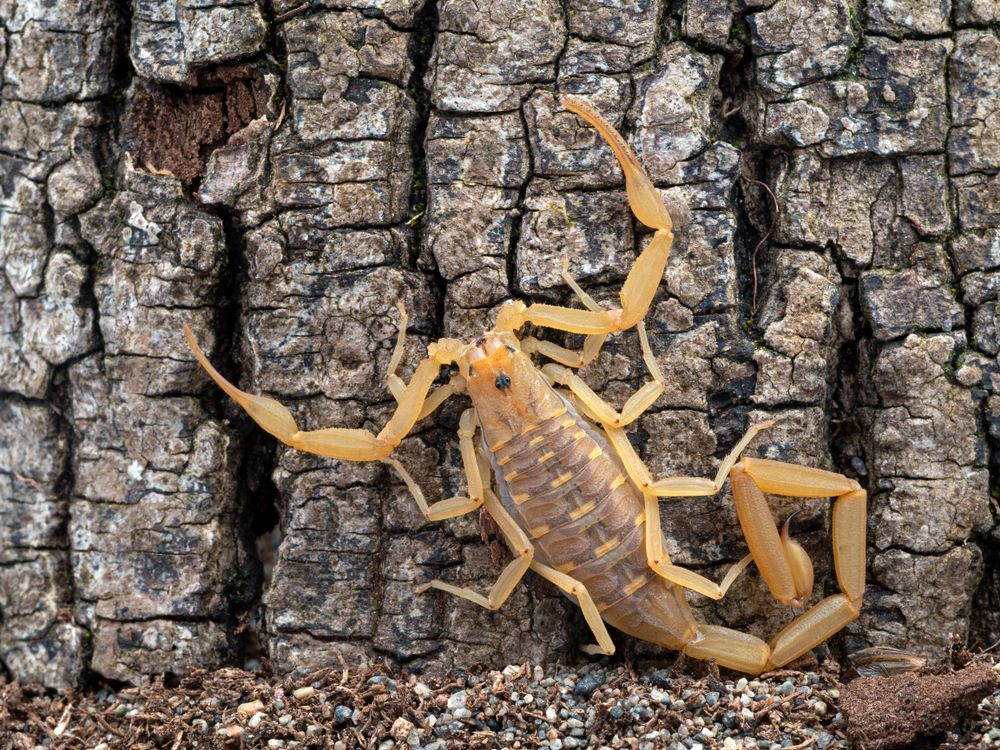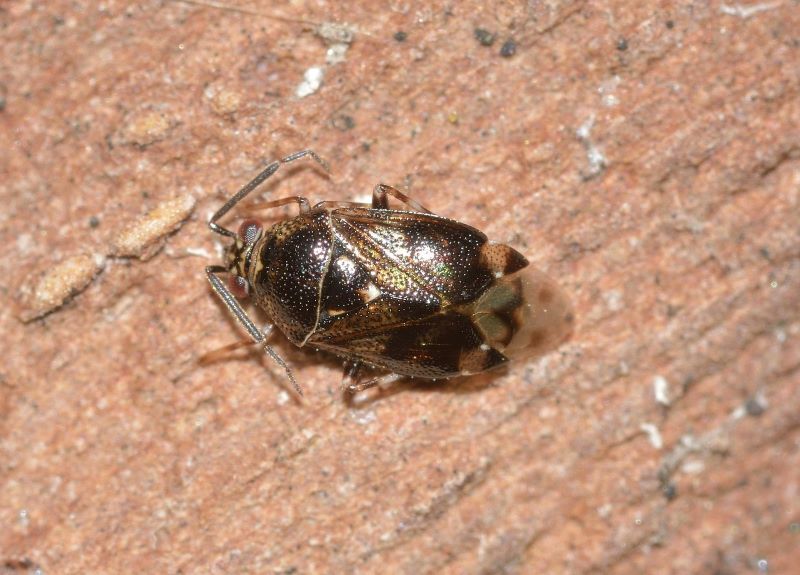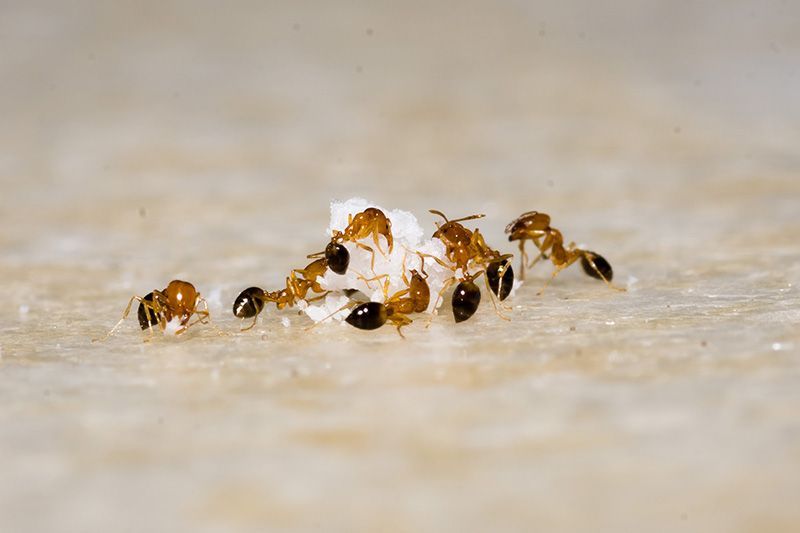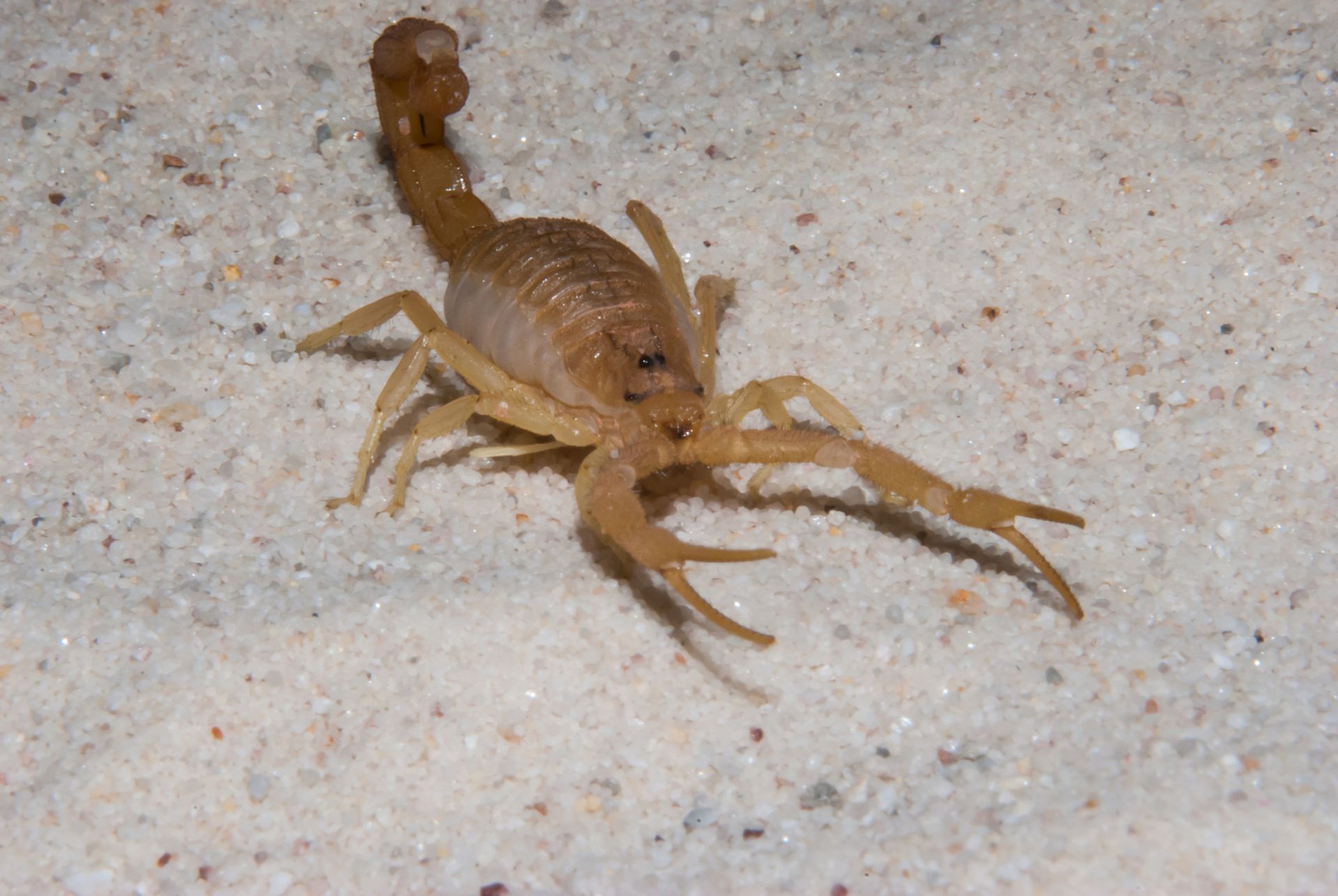How Pest Control Specialists Keep Your Home Critter Free
Arizona has its share of creepy critters, including ants, termites, tarantulas, scorpions, bed bugs, mice, rats, and more. With such a variety of pests in the area, it’s nice to have a specialist on your side. This article explains what you can expect from your insect and pest control company.
A Quick Turnaround
Your pest control company should respect you, your family, and your time. We know you might take time off work for a pest control appointment, and we take that seriously.
While something might come up that delays your appointment temporarily (like a poisonous snake in a school, for example), you should expect clear communication from your chosen pest control company about the delay and an estimated time of arrival.
Generally, they should be at your home when they say they will.
The Assessment
Before your exterminator can decide what they must do to protect your home, they assess the problem to determine the following:
- What pest is causing the problem?
- How many are there? Is it a single critter, like a snake, or a hive or colony?
- How difficult will it be to get to the problem area?
- What is the best technique to remove or exterminate them?
- What attracted the pests in the first place?
- How do they prevent the pests’ return?
The Free Estimate
Once they’ve completed the assessment and understand the problem’s scope, they can give you a price for the initial service and any follow-up services you request.
Some pest removals are a one-and-done service, meaning the pests aren’t likely to return. Creatures like termites are more problematic with giant underground hives. The exterminator may suggest a regularly scheduled inspection and spray to keep termites from returning to munch on your home.
Removal/Extermination
Your exterminator’s method will depend on the type of critters you’re dealing with. They may employ baited traps for larger animals, environmentally safe sprays to deter colonies or hives from rebuilding once the exterminator has gone, or a combination of techniques.
(Be sure to inform your pest control company of any special needs your family may have, such as allergies, health problems, children, or pets. A knowledgeable exterminator will have multiple tools to rid your home of pests, even if they have to do a workaround for resident health concerns.)
Education
Before your specialist starts, they should explain precisely which measures they will take. And before they leave, they will walk you through the affected area.
- Damage– What damage did the pests cause to the property? Rodents can chew through electrical wiring, creating a fire hazard. Termites can weaken the structural integrity of wooden homes, sheds, or furniture. Bees can build honeycombs and hives inside your walls, barbecue, or wood shed. You can then have the damage repaired so opportunistic pests don’t move into the dead bugs’ nest.
- Attraction– What attracted them to the property? Do you have a leaky faucet, a wood pile next to the house, open food containers in the pantry, or openings that seem inviting to pests wanting to move in with you? If you know what attracted the pest to your home in the first place, you can take steps to make your home less inviting.
- Home sealing for pest control– Block all extra entrances into the home. There are still the doors and windows to monitor if they’re left open, but at least you see the critters coming.
- Signs of the pests’ return– If you aren’t scheduling recurring residential pest control services, your exterminators can give you warning signs to watch out for. Make regular inspections of your home. If you see the warning signs, you can call your exterminator to do an assessment.
Last But Not Least
By the time your pest control specialist leaves, you should feel comfortable with the job they have done and confident that your family is safe and secure in your home.
Ask any questions you still have about maintaining your pest-free home, but here’s a checklist that will help:
- Move wood piles and debris away from the house. It may be convenient to have the wood near the back door for easy retrieval when you’ve got a fire going, but it’s a popular hiding place for termites, spiders, and scorpions.
- Fix any leaky faucets. Desert animals of all types search for a ready water source and will make their home nearby. While we understand their will to survive, it doesn’t have to be in our homes.
- Remove any piles of cardboard and store unwrapped paper goods and other plant-based materials that will draw termites.
- Seal cracks and crevices with weather-resistant caulking or cover the opening with fine wire mesh to block the unauthorized entrance.
- Vacuum regularly, and not just the carpets. Bed bugs and spiders will find refuge in upholstered furniture and in and around the bedding.
- Keep the kitchen surfaces free of all food sources, and ensure foods in the pantry are in closed containers. Note: If you find rodent droppings, use heavy plastic, glass, or metal. Mice and rats will eat through cardboard and thin plastic to get to your food. Once they find a ready food source, they will keep coming back.
- Look for mud tunnels leading from the dirt to your home. This is a sign of termite activity.
To Sum It All Up…
Peace of mind is the most significant benefit of hiring a polite, experienced, and professional exterminator to protect your home. There’s no guesswork, no frantic internet searches on how to kill persistent intruders, and no sketchy chemicals in your home. They nip the pest problem in the bud and catch even a hint of pest return before they can get comfortable and multiply.
